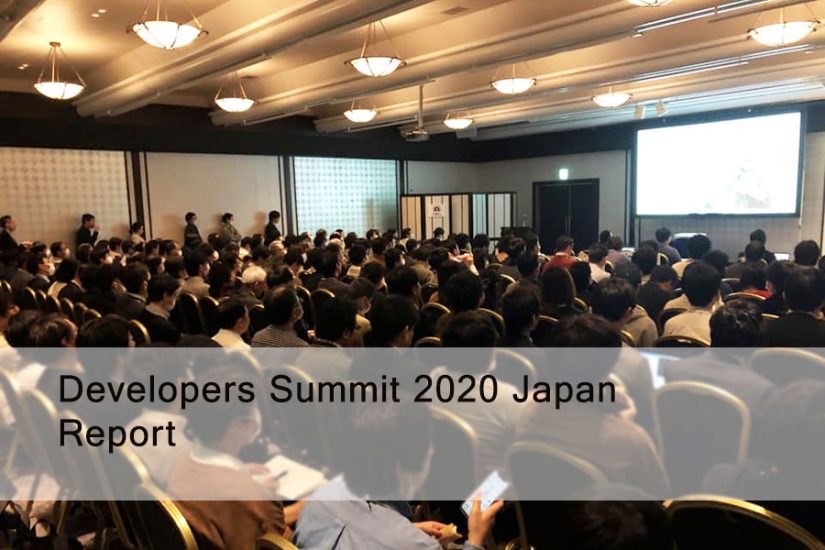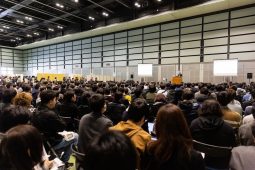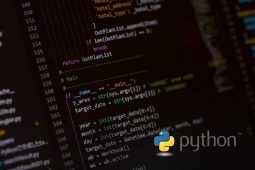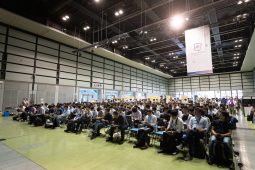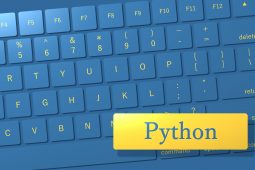The annual winter Developers Summit, one of Japan’s largest engineer events, was held February 13th and 14th 2020. This year, those two days saw 120 sessions in six tracks, with over 4,000 engineers in attendance.

Developers Summit is a technical conference with presenations by people at the top of their field explaining current or important technical skills in the Japanese software industry, trends worth watching, industry concepts, and more. The fields covered are broad and diverse, essentially encompassing all of the IT industry, and many of the sessions offered are from recognized experts in those fields. This means that the content is often quite deep, and usually very interesting.
I highly recommend attending Developers Summit to anyone who’s thinking of working in the IT industry in Japan one day.By attending both days, you can get a good sense of Japan’s IT situation and technical issues, as well as common solutions, and a greater overall understanding of the industry. There are also social
This year’s Developers Summit theme was “Creating Together” and there were a lot of sessions focused on building teamwork, and practicing things like DevOps, development procedures, project management, and more.
You can see the Developers Summit 2020 timetable below.
https://event.shoeisha.jp/devsumi/20200213/timetable

The venue was filled with engineers from all over Japan, making for quite a lively event! The aisles were lined with sponsored booths with product and company displays. The session venues were on the second and third floors, with six separate locations, each of which could hold 200 people.
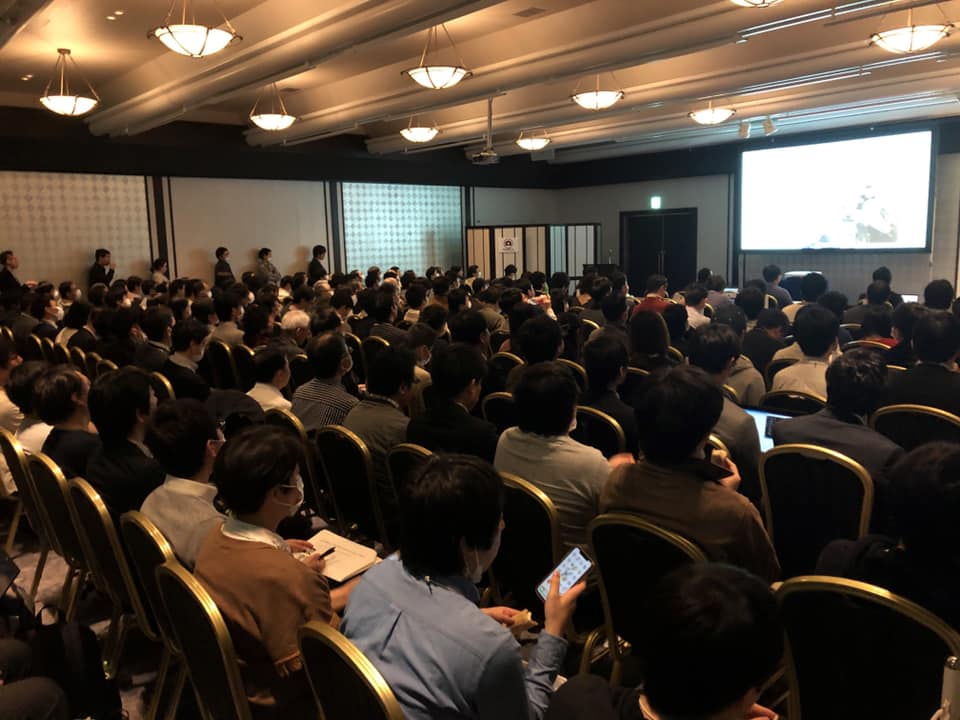
This is a picture from my session, “Python Basic Exam and Data Analysis Example Question Explanation: Python Market Data for Company Concensus Building & Intro to the Python Exam” I spoke about how the Python Examination has seen a huge increase in examinees as it becomes more and more commonly known.
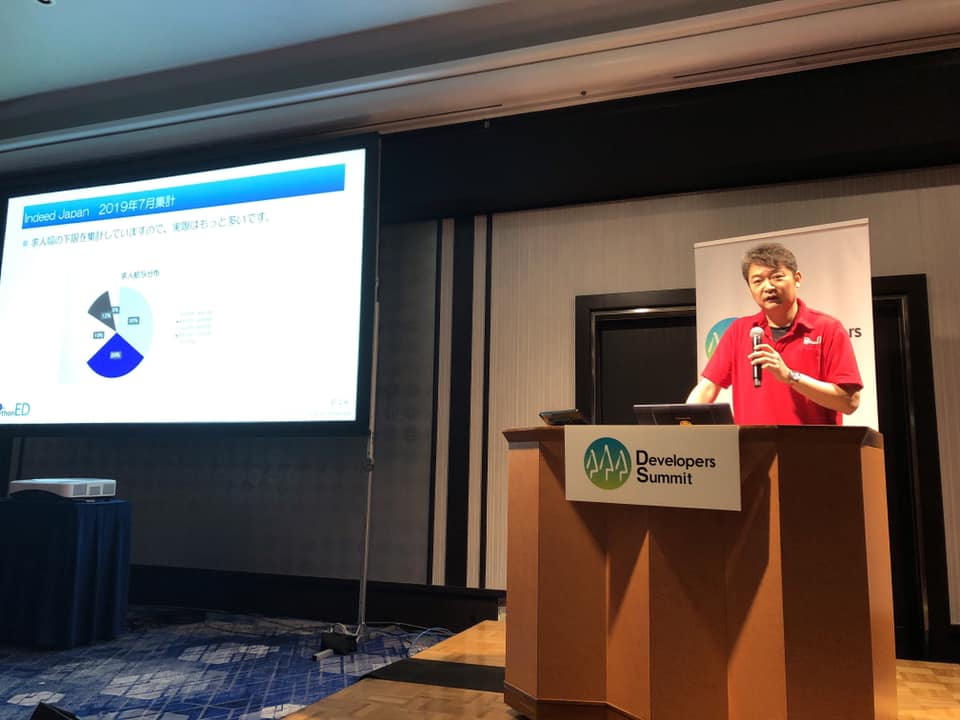
Manabu Terada, Advisory Director for Python Engineer Development Co., Ltd., joined me in this session, and spoke about the Data Analysis Exam we plan to release in Spring of 2020. He also went over some example exam questions. We finished with an explanation of the pythonic philosophy.
When we checked reactions on Twitter afterward, we found that pythonic related tweets were the most common. We assume this means the topic resonated most strongly with engineers at the venue.
Pythonic is the Python programming philosophy. The Python language is marked by being easy to learn, easy to read, and easy to maintain. These are all elements of pythonic code. If we don’t write pythonic code in Python, then we lose all of what makes it a good language.
The following should help you understand what pythonic means.
■Pythonic
- It uses Python idioms well.
- The Python coding is natural or shows fluency.
- It conforms with Python’s minimalist philosophy and emphasis on readability.
■Unpythonic
- It is difficult to understand.
- It’s written as if it was simply “translated” from another language.
Source: http://www.lifewithpython.com/2013/02/pythonic-01.html
Japan in particular has seen a huge surge in people learning Python, and many of them begin writing code without learning the pythonic philosophy, which is becoming an issue in the industry. With a recent downturn in Java use, many Java programmers have started learning Python, and so we see problems with lots of people writing
If any of you reading this column are considering learning Python, please do remember to be pythonic in your code.
Finally, I’d like to offer a useful resource for learning Python: The Python Tutorial.It is available for free on the web, and I think understanding this text will help you master the pythonic philosophy. I highly recommend you take a look, if you’re interested in Python.
The Python Tutorial
https://docs.python.org/3.5/tutorial/


